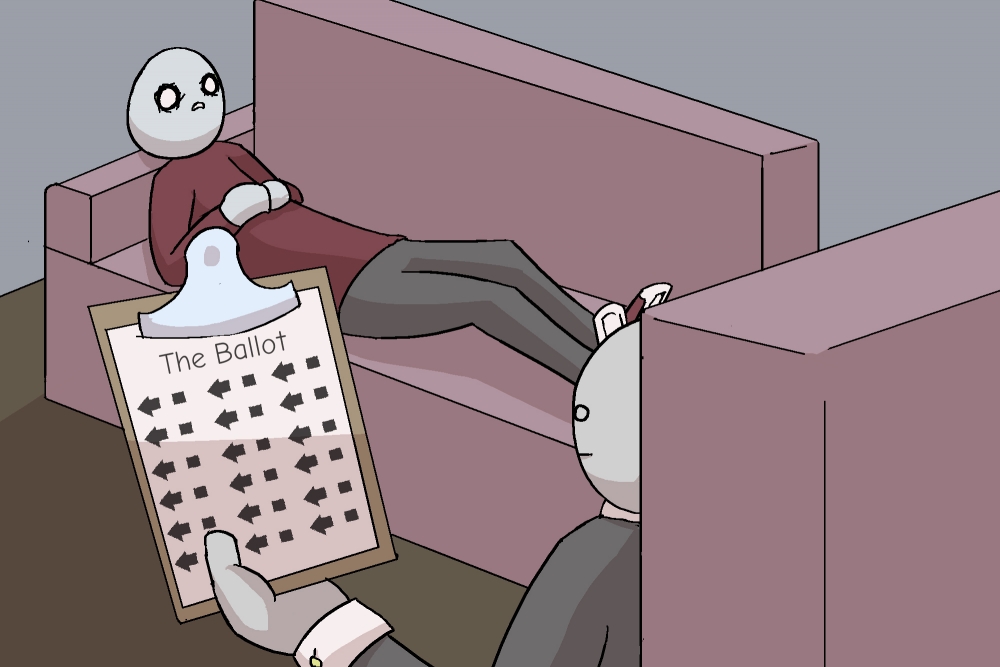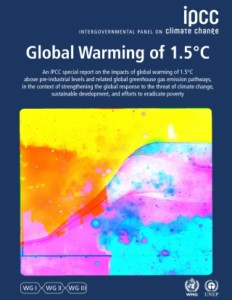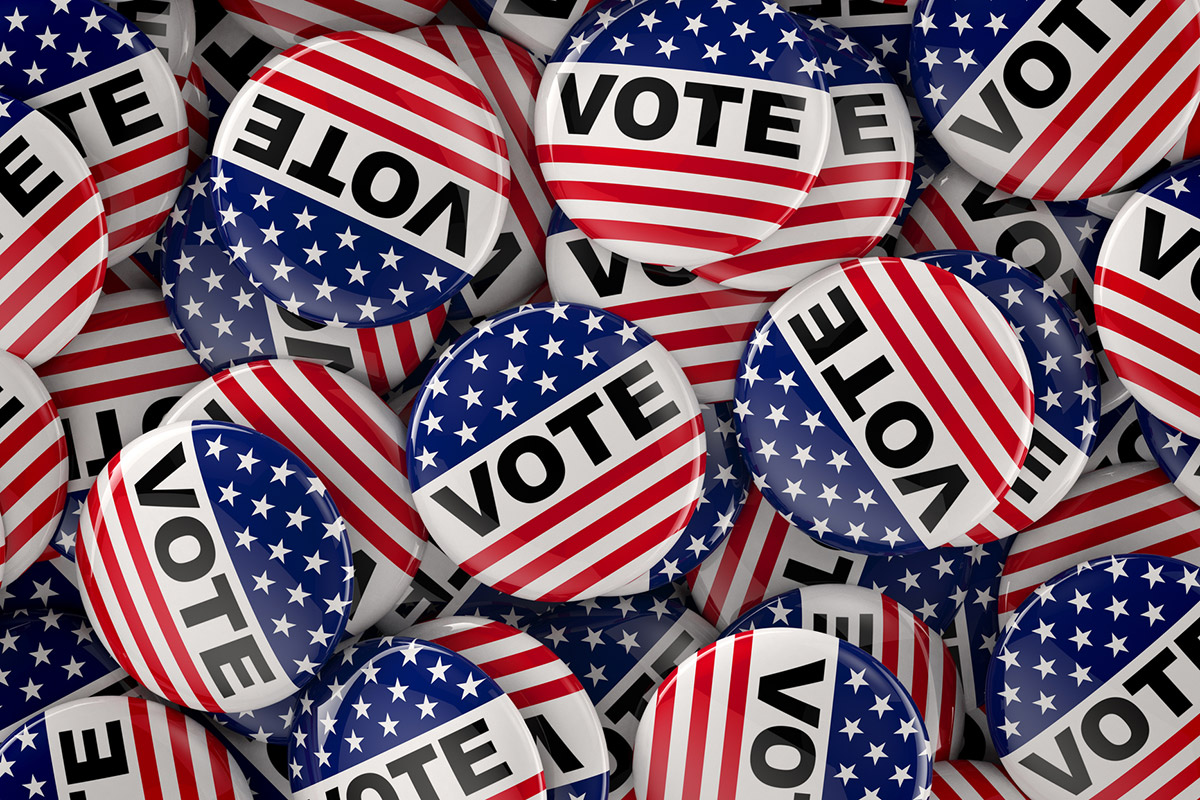The Election…
 A psychology client notes that he has had trouble finding any friends willing to attend an election night party. “They all have PTSD from Election Night 2016,” he says.
A psychology client notes that he has had trouble finding any friends willing to attend an election night party. “They all have PTSD from Election Night 2016,” he says.
Another client says he is trying to avoid getting caught up in the news running up to the election. We talk about the private money flowing in to the Oregon election. He admits he feels hopeless at times. “How can people believe so differently? The country is being destroyed. What should we do?”
I ask him about the hopelessness. What is it about; what purpose it is serving?
I have a saying: “Despair is fatigue in disguise.” Is he tired?
Yes, it turns out his hopelessness is partly just fatigue. Another part is feeling threatened.
I talk about core human needs, safety, belongingness, etc. Yes, these are under threat too.
Climate Change…
 A counselor colleague contacts me. He is working with his men’s group and would like my advice:
A counselor colleague contacts me. He is working with his men’s group and would like my advice:
“I am looking to add something in the realm of the psychological implications of the environmental reality, especially climate change. How do we deal with the denial, cognitive dissonance, and compartmentalization necessary to survive in the modern world?”
Soon after, a reporter contacts me about the latest Intergovernmental Panel on Climate Change (IPCC) report Global Warming of 1.5 C:
“I was hoping you’d have time to talk to me about how THIS report has impacted the mental well-being of Americans… I’m trying to see whether it’s just my friends who are freaking out about this IPCC report or [if it’s] a widespread thing.”
And then another reporter:
“I’m the senior writer for Psychotherapy Networker magazine, currently working on a story about the mental health impact of climate change. I’m interested in how psychologists and therapists are working with those who are worried in a general sense about climate issues …”
A Story from 2016
In summer of 2016, after the Republican and Democratic party conventions, I made a point to do a mental exercise: I thought through possible scenarios about the presidential election.
Despite who might win, I imagined making it though the election and beyond. I would be all right, and my family would be all right, and we would keep on living our lives and our values. (And yes, I checked my privilege in being able to say this.)
I reminded myself: Your political life is more than your vote, it’s what you do the other 364 days of the year, your daily choices, what causes your support, and how you conduct yourself as a citizen and a community member.
The morning after the election, I was surprised and shocked like everyone else. But, I was also prepared. At a deeper level, I knew that I was going to make it through. I had my own momentum.
 Voting Sucks
Voting Sucks
With the election, and with climate change, I want you to make it through and I want you to have your own momentum.
It is normal to have misgivings about voting. While the popular stereotype of individual voter fraud has been shown to be rare to nonexistent, there is much evidence of voter suppression, the effects of gerrymandering, misinformation, and the potential for electronic voting machines being hacked.
Voting is a paradox. It’s a sacred right, something people will die for. And it’s also just one small thing. Again, your political life is more than your vote, it’s what you do the other 364 days of the year as well.
Voting for a candidate is like buying a used car. You try to get the best deal you can. But the options are flawed.
Don’t be spoiled. Once a generation we get a dream candidate. Once or twice a century, we get a candidate that is both a master politician who can actually make changes in government and is also a true champion of justice for common people.
Often, voting sucks. But we vote. We show up.
For the record, I voted. I am a registered Independent and have been so for many years. I believe it’s possible and even radical to be a centrist and to try to rise above partisanship. If you want to get a sense of my votes, see the Oregon League of Conservation Voters recommendations or the Portland Mercury Voter Guide.
Have a plan for what you do the day after the election and the next weeks and months. Think ahead so that, no matter what happens, you are ready to move forward constructively in your own life.
IPCC Reports are an Emotional Set Up
What did I tell my colleague and the reporters about the IPCC report and about coping with climate change? If you have read my blogs before, you will know about my involvement with climate change research, and “why you love the earth” and the two main ways to cope with despair about environmental issues. But this is what came to mind last week:
Name the Set up: The recent IPCC special report regarding 1.5 C is troubling. Not so much for the findings (none of which are really new). But, rather that it continues the pattern of dire predictions along with proposed solutions that seem politically and economically impossible.
It’s really a set-up, psychologically and emotionally. That’s an artifact of our imperfect society and systems. Scientific bodies don’t have political power, so they make recommendations that are supposedly meant to be taken up by socially conscious politicians, who, of course, are often driven by other factors.
It’s important, from a psychological perspective, to name this “set up.” If people feel confused and troubled, that is a normal response that should be validated. It’s sane to be concerned about climate disasters. And “better the devil you know.” We are lucky to have the reports.
Get Grounded and Proactive: My main recommendation for people coping with environmental issues of any kind is to work on moving from a place of reaction and threat to a sense of being grounded and proactive.
It’s important to cultivate a sustainable response to the issue, one that you can do every day. There are many things to do in this regard. Getting outdoors is usually the quickest way to destress and to literally get re-grounded.
Develop Your Environmental Identity: A more foundational step before acting (or having a reaction), is to get clear on your environmental identity.
Environmental identity is how someone thinks about nature and the natural world in relation to their self and their personal identity.
Environmental identity is much like cultural identity, gender identity, sexual identity, etc. We all have beliefs and assumptions about these aspects of our selves that are vaguely understood and unspoken until we are taught how to understand them and to articulate them (and stand up for them).
I shared some great exercises for environmental identity with my colleague that work well in groups or retreats:
- Doing an environmental timeline of a person’s life, from birth to the present, with significant experiences regarding nature, places, other species, experiences, lessons, mentors, negative events, etc. (This can be drawn out on a piece of paper.)
- Then people can share their timelines with others and then with the larger group. It can be eye-opening and validating regarding common and different life patterns, different generations, different socio-economic classes, etc.
- You can also do an “eco-genogram” in which the person draws out a family tree style diagram and discusses each family member’s person’s experience regarding nature and the environment. That can prompt insights as well.
- You can also do a life place map showing relationships and attachment with specific places.
- Or a species map that shows relationships and attachment with specific animals (either actual, or symbolic).
These all work together as a suite or portfolio.
Do a “news fast” and recalibrate your news diet
Many of the people that I have worked with who have anxiety or depression regarding environmental or political issues also have some form of a media addiction. That is, they are addicted to news, particularly electronic news and social media.
As with other addictions you can track this by their behaviors (i.e., waking up with a “shot” of news, going to bed with a shot of news, taking a shot of news when bored, looking forward to the next shot of news, anxious when they’re not able to get a shot of news, rationalizing why they need a shot of news, having difficulty stopping looking at news despite efforts, etc.).
I’m being humorous but you get the point. Our nervous systems can get keyed up and paradoxically begin to crave troubling news.
To move toward a news fast, you can start by only doing analog (e.g., paper) news or books. Try to just read this on the weekends. Getting away from constant electronic news for hours or days can be grounding and allow your body and mind to destress.
Again, go outside. Put your attention and work on healthy projects. Focus on climate related activities within your circle of power and ability. Be proactive, so you don’t need a news update to be involved. Make your own news.
“Take in the Good” and Have your Own Momentum
Although I am more vulnerable to stress and concern about climate issues because I am well informed and involved, my involvement also constantly brings me into contact with smart, committed people and creative ideas and programs.
This includes the Oregon Clean Energy Initiative. This is a great example of an action that any Oregonian can take to address climate change. Is it perfect legislation? No. Do we have time to wait for perfect legislation? No.
I really try to take in this good creative energy and then see what I may add. So, even before I see a headline, I already know what I need to be doing today. It’s not much, but it’s my work and what I can offer. If you already have your own momentum, these kinds of dire IPCC reports are less likely to send you into a spin.
Get in Sync with the Season
This Autumn is fraught with tension and concern. So after you vote, feel free to review my last post, “10 Activities for (Fun) Fall Maintenance for Mental Health and Wellbeing” for useful ideas to get you out of a funk and into a more positive place, both mentally and physically.
You’ve got this!

